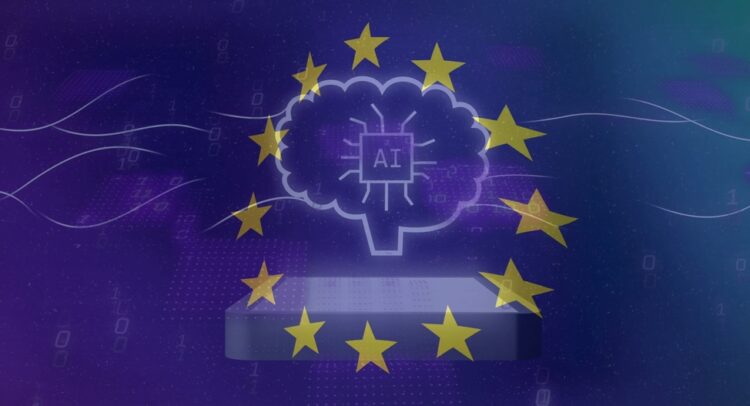EU Champions Safer AI for All, Rejects Tech Lobby’s Plea to Delay Groundbreaking Law

BRUSSELS – In a bold move to protect its citizens and establish a global benchmark for responsible technology, the European Union today confirmed it is moving full steam ahead with its landmark Artificial Intelligence Act, firmly rejecting calls from some of the world’s largest tech and industrial companies for a delay.
The decision signals a major victory for digital rights and public safety, as the EU prioritizes creating clear, human-centric rules for the rapidly advancing world of AI.
Recently, a powerful coalition of corporations, including U.S. tech giants Google and Meta, as well as European leaders like Airbus and ASML, urged the European Commission to pause the legislation. In a letter to President Ursula von der Leyen, they warned the rules could “discourage investment” and slow down innovation.
However, the EU is standing its ground to ensure that innovation doesn’t come at the cost of public safety. The AI Act is designed to build trust and prevent the most harmful uses of artificial intelligence. The law explicitly bans systems that use “cognitive behavioral manipulation” and authoritarian-style “social scoring.”
Furthermore, it establishes vital safeguards for “high-risk” AI applications, such as those used in employment, education, and critical infrastructure. This means technologies like biometric and facial recognition systems will have to meet strict quality and risk-management standards before they can be deployed, ensuring they are safe, transparent, and fair for all citizens. Simpler applications, like most chatbots, will face lighter regulations.
Despite the high-stakes corporate lobbying, the European Commission’s response was unequivocal.
“Let me be as clear as possible: there is no stop the clock. There is no grace period. There is no pause,” declared spokesperson Thomas Regnier, sending a powerful message that the EU will not be swayed from its mission.
With the full set of rules scheduled to come into force by mid-2026, the EU is paving the way for a future where artificial intelligence develops not just with power, but with principle—ensuring that technology serves humanity, not the other way around.


